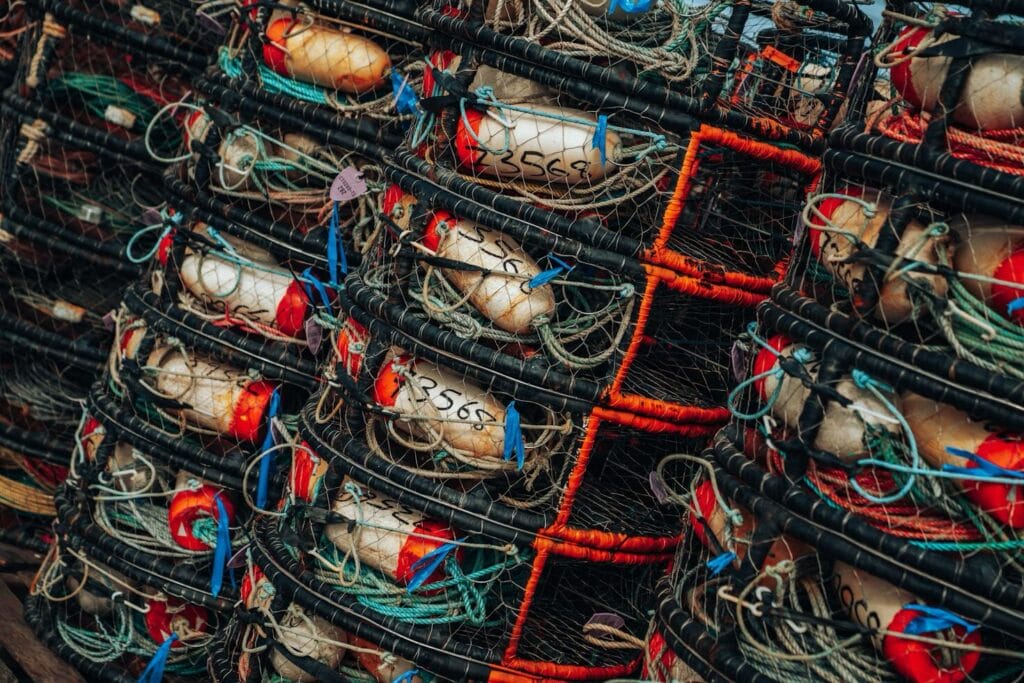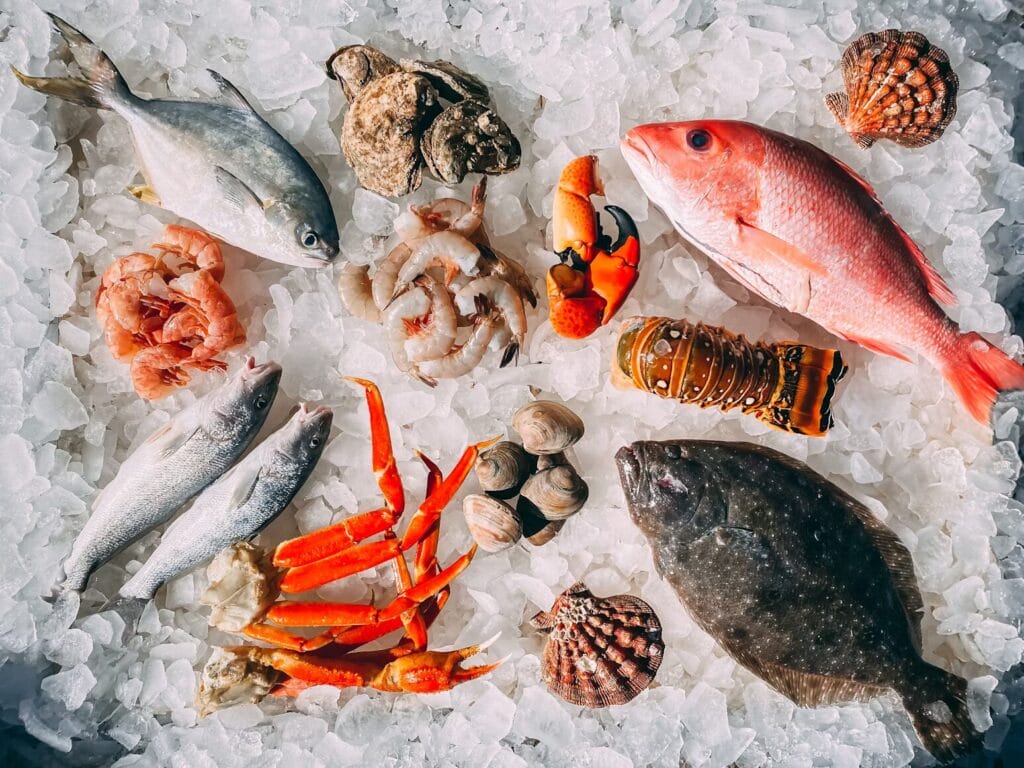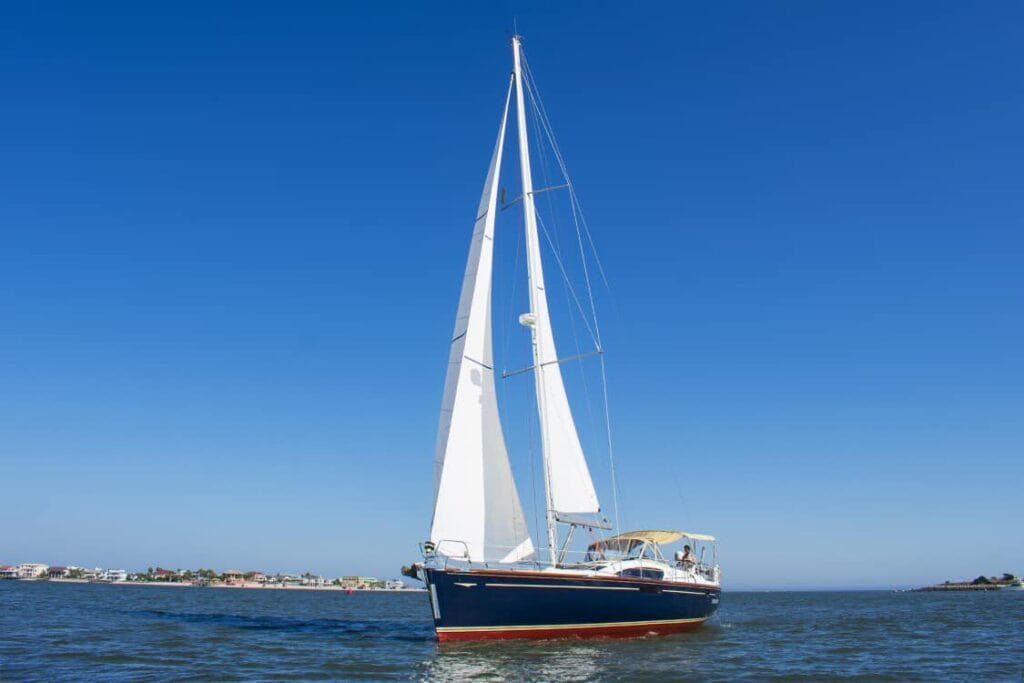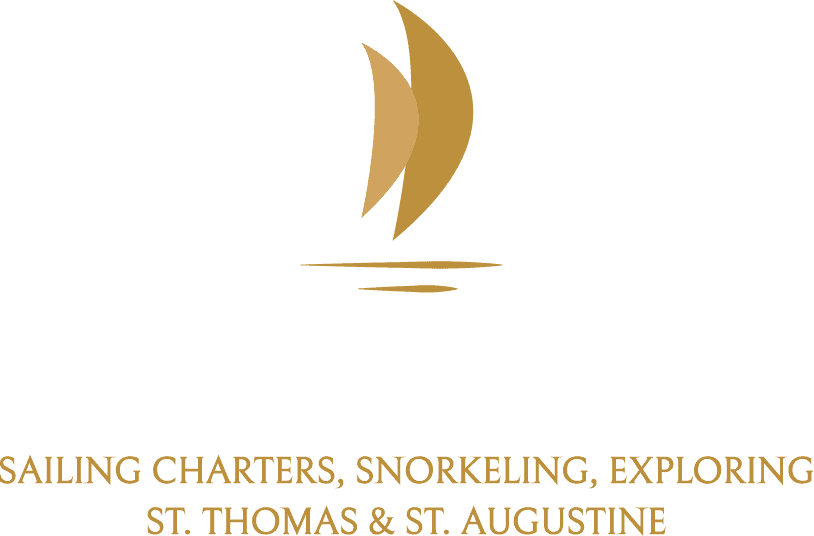
Seafood Sustainability: A Sailor’s Role in Responsible Consumption
Embarking on a journey across the serene waters of St. Thomas, one cannot help but marvel at the abundant life beneath the waves.
This island paradise, surrounded by the vast Caribbean Sea, is not only a haven for sailors and adventurers but also a vital hub for marine biodiversity. Yet, as we set sail and cast our nets, the question of sustainability anchors deep within the heart of every responsible sailor.
Join us as we embark on an insightful journey into the world of seafood sustainability. Let’s learn how we, as sailors and lovers of the sea, can contribute to the conservation of our ocean’s resources.
Understanding the Ocean’s Bounty
The waters surrounding St. Thomas are a living mosaic where every creature plays a role in the ecosystem’s health. This oceanic bounty isn’t just a source of sustenance; it’s the heartbeat of the island’s culture and economy. Understanding this bounty means recognizing the intricate balance of marine ecosystems and the abundance they can provide when respected and managed sustainably.
The Caribbean Sea, teeming with life, hosts over 1,000 fish species. These waters are home to everything from the smallest plankton to the largest predators. The coral reefs, often referred to as the “rainforests of the sea,” offer a dazzling array of biodiversity.
Sustainable management of these resources ensures that they continue to thrive. This involves setting fishing quotas, protecting key habitats, and enforcing regulations that prevent overexploitation. For sailors and residents of St. Thomas, understanding the ocean’s bounty also means understanding fish seasons, respecting breeding times, and choosing sustainably caught seafood.
Embracing this understanding helps preserve the richness of St. Thomas’s waters for future generations. It’s a commitment to conservation that honors the past, enriches the present, and secures the future.
The Impact of Overfishing

Overfishing poses one of the most significant threats to the marine ecosystems around St. Thomas. It’s a consequence of modern fishing techniques, which are far more efficient than ever, and a global demand for seafood that continues to grow unchecked. The impact of overfishing is profound. It affects the targeted fish populations and the entire marine environment.
The imbalance creates ripples through the ecosystem, affecting predator-prey relationships, coral reef health, and the overall biodiversity of the ocean. For communities like those in St. Thomas, where life is intricately tied to the sea, overfishing threatens the economic and cultural fabric of society.
The decline in fish populations leads to decreased catches, affecting livelihoods, especially for those who depend on small-scale and artisanal fishing. Furthermore, overfishing can lead to a decrease in tourism, an industry vital to St. Thomas.
Combatting overfishing requires a concerted effort from local communities, governments, and international bodies. It involves enforcing sustainable fishing practices, establishing marine protected areas, and restoring habitats. Educating consumers about the importance of choosing sustainably sourced seafood is also important.
The path to mitigating the impact of overfishing and preserving the ocean’s bounty for future generations is complex but necessary. It’s a journey that calls for stewardship, respect for the sea’s limits, and a commitment to sustainable practices that align with the natural world’s rhythms.
Responsible Fishing Practices
Responsible fishing practices are essential to sustaining the vibrant marine life in the waters around St. Thomas and beyond. These practices aren’t merely guidelines but a commitment to the ocean’s health and the well-being of communities that rely on it.
Responsible fishing means employing methods that minimize unwanted by-catch, avoid overfishing, and preserve the marine habitat.
One of the core aspects of responsible fishing is the selection of gear and techniques that target specific species. For instance, using circle hooks instead of J-hooks can significantly decrease the by-catch of sea turtles in longline fisheries. Similarly, fish aggregating devices can be designed to lessen the capture of juvenile fish.
Another critical practice is adhering to quotas and regulations set based on scientific research. These limits are designed to ensure fish populations remain healthy and can reproduce sustainably. In St. Thomas, local fishermen and charters like Summerwind lead by example, respecting closed seasons and size limits.
Furthermore, responsible fishing practices include the maintenance of clean waters free of pollution and debris. Sailors and anglers are encouraged to partake in ocean clean-up efforts and avoid actions that contribute to habitat destruction (such as dragging anchors over coral reefs).
Choosing Sustainable Seafood

In St. Thomas, where the ocean is both a playground and pantry, making informed choices about seafood is particularly poignant. Sustainable seafood comes from wild-caught or farmed sources that can maintain or increase production in the future without jeopardizing the ecosystems from which they are harvested.
Understanding which seafood choices are sustainable requires knowledge of how and where fish are caught or farmed. Labels and certifications, such as the Marine Stewardship Council (MSC) for wild-caught fish and the Aquaculture Stewardship Council (ASC) for farmed species, can guide consumers toward making environmentally friendly choices. These certifications ensure that the seafood comes from sources that have minimal impact on the environment and other wildlife.
In St. Thomas, locals and visitors alike are encouraged to favor fish that are abundant, such as mahi-mahi and wahoo, over those that are overfished or caught using destructive methods. Seasonal eating is also a component of sustainability.
Charters and restaurants, including Summerwind, play a critical role in promoting sustainable seafood by sourcing their offerings from responsible fisheries and farms. This supports the local economy and educates patrons about the importance of conservation-minded consumption.
Choosing sustainable seafood is about more than just what’s on your plate; it’s a commitment to preserving the ocean’s bounty for future generations. It involves a shift towards more conscientious consumption. As awareness grows, the collective effort of individuals, businesses, and communities in places like St. Thomas can lead to a significant positive impact on the world’s oceans.
Recommended Read: How to Plan the Ultimate Multi-Day Yacht Adventure in St. Thomas
The Role of Aquaculture
Aquaculture, or the farming of fish, shellfish, and marine plants, plays a pivotal role in modern food systems, particularly in regions like St. Thomas, where the sea is both a source of sustenance and identity.
As wild fish populations face pressures from overfishing and habitat destruction, aquaculture emerges as a sustainable alternative capable of producing high-quality seafood without the extensive environmental footprint associated with traditional fishing.
In St. Thomas, aquaculture is a way to restore balance to the marine environment. By cultivating seafood in controlled settings, aquaculture relieves pressure on wild populations, allowing them to recover and thrive. It also provides a year-round supply of seafood and contributes to food security in the local community and beyond.
Sustainable aquaculture practices in St. Thomas focus on minimizing environmental impact. This includes using feed made from sustainable sources, avoiding the use of antibiotics and chemicals, and implementing systems that recycle water and waste. These practices ensure that aquaculture operations contribute to the conservation of marine ecosystems rather than their depletion.
Choose Sustainability with Summerwind

At Summerwind Sailing Adventures, we understand the importance of preserving the marine world that is our home and livelihood. Our practices reflect our dedication to sustainable living.
As we sail the waters of St. Thomas, we invite you to join us in this vital mission, ensuring that the sea’s gifts are a treasure we can all enjoy responsibly and respectfully.
Plan your next sailing charters in St. Thomas with Summerwind Sailing Adventures. We also provide kid-friendly sailing trips, corporate yacht cruises, solo luxury sailing trips in St. Thomas, and more. Book now!




Leave a Reply